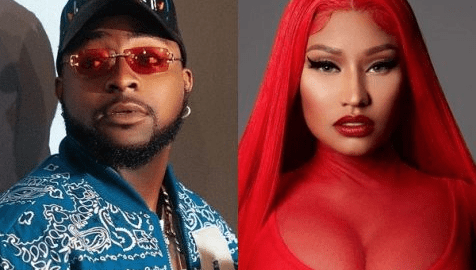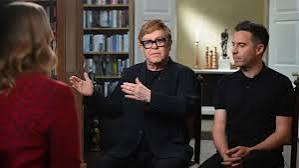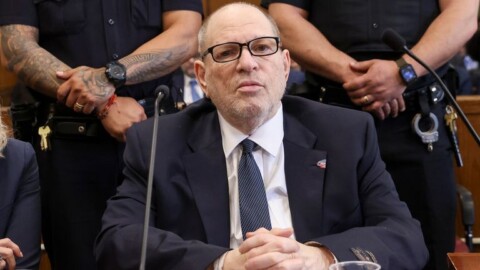Counter-terrorism police are now reviewing a second video of Northern Irish rap group Kneecap after allegations surfaced that the group called for the deaths of Conservative MPs during a live performance.
This new footage, believed to have been captured during a November 2023 concert, adds to growing scrutiny of the trio’s behavior at their shows.
On Wednesday, the Metropolitan Police had already confirmed that their counter-terror unit was investigating a separate clip showing a band member shouting, “Up Hamas, up Hezbollah” during a performance at London’s Kentish Town Forum that same month.
Both Hamas and Hezbollah are classified as terrorist organizations under UK law. Expressing support for such groups constitutes a criminal offense under Section 12 of the Terrorism Act 2000, which makes it illegal to voice an opinion or belief that is supportive of a proscribed organization.
The footage involving Kneecap’s alleged remarks has raised significant concerns about whether the group’s conduct may have crossed the legal threshold into criminal behavior.
In light of this, the Met Police announced that their counter-terrorism internet referral unit is examining the new video to determine if a formal police investigation should follow.
Speaking on Sunday, a Met Police spokesperson said,
“We were made aware of a video on April 22, believed to be from an event in November 2024, and it has been referred to the counter-terrorism internet referral unit for assessment and to determine whether any further police investigation may be required. We have also been made aware of another video believed to be from an event in November 2023.”
The spokesperson emphasized that both clips are under review and that the priority is to decide if the material breaches UK terrorism laws. No arrests have been made as investigations are ongoing.
Kneecap, however, responded fiercely to the controversy, dismissing the allegations as part of a “coordinated smear campaign.” In a public statement, the group said, “Our shows call out the British and Irish governments’ complicity in war crimes.
Our fans see through the lies.” The trio maintained that their performances are political expressions and criticized what they perceive as attempts to silence dissent through manufactured outrage.
Despite their defiance, the gravity of the accusations continues to fuel public debate over the limits of artistic freedom and political expression.
The context surrounding the fears is particularly sensitive. In the last decade, two British MPs — Labour’s Jo Cox in 2016 and Conservative Sir David Amess in 2021 — were murdered in politically motivated attacks.
Their deaths have heightened concerns about threats to public officials, making any call for violence, real or perceived, a matter of national security.
As such, even artistic performances that hint at threats are scrutinized through a much stricter lens than in previous years.
Reacting to the situation, a UK government spokesperson condemned the alleged comments unequivocally. “We unequivocally condemn threatening remarks made towards any individual,” the spokesman stated.
“Political intimidation and abuse must have no place in our society. We recognize the chilling effect that harassment and intimidation of elected representatives can have on our democracy.”
The government emphasized that it works closely with police forces and Parliament to prevent and punish threats against elected officials, underlining the seriousness with which such allegations are treated.
As the Met Police’s counter-terrorism unit continues its review, the outcome could have significant implications not only for Kneecap but for the broader conversation about where free speech ends and incitement begins.
Meanwhile, supporters of the rap group rally behind them, arguing that their controversial lyrics and on-stage statements are a form of protest rather than criminal intent.
The coming weeks are likely to determine whether Kneecap faces any legal consequences or if the controversy will remain a politically charged debate.









